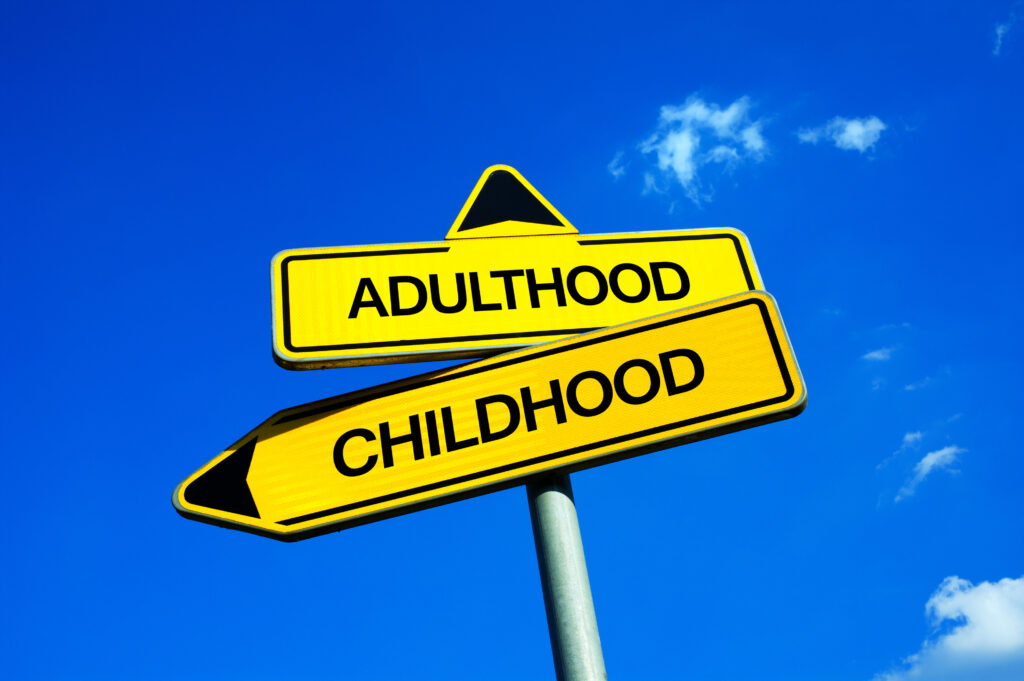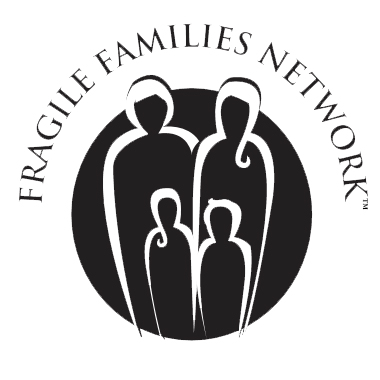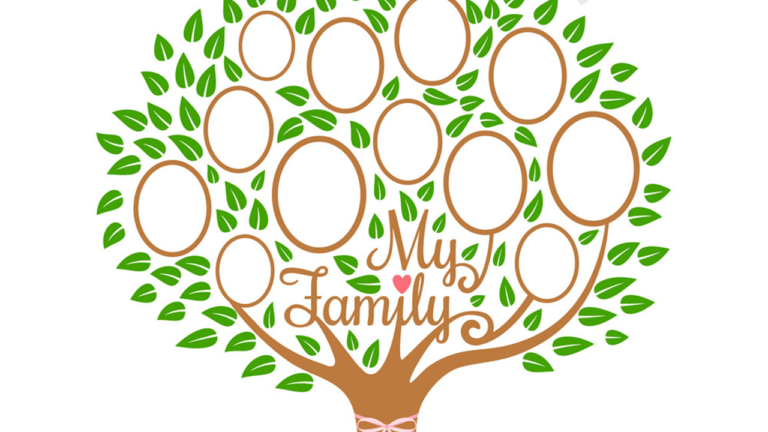Why Are Life Skills Crucial for Young People? A Grandfamily Caregivers’ Guide

How well-prepared are the young people in your care for the challenges of adulthood?
In today’s fast-paced and ever-changing world, equipping young people with essential life skills is more important than ever. For grandfamily caregivers—grandparents or other family members stepping in to raise children—this responsibility is both a challenge and an opportunity. By providing opportunities to learn life skills at home, at school, and in the community, grandfamily caregivers can help young people develop the tools they need to thrive.
Why Is It Important to Learn Life Skills?
Life skills are the practical abilities and competencies that individuals need to effectively navigate everyday life. These skills are crucial for personal development, social interaction, problem-solving, and adapting to various situations. For young people, mastering life skills means gaining the confidence and independence required to succeed in adulthood.
Reason: Life skills empower young people to manage their lives independently, make informed decisions, and build healthy relationships.
Example: A young person who learns effective money management can budget their expenses, save for future needs, and avoid debt, leading to financial stability and independence.
Essential Life Skills Identified by Ansell Casey
- Daily Living Skills
- Personal Care: Importance of personal hygiene, grooming, and health maintenance.
- Food and Nutrition: Skills in meal planning, grocery shopping, and cooking for a healthy diet and budget management.
- Housing and Money Management
- Housing: Knowledge about finding and maintaining housing, understanding leases, and dealing with landlords.
- Money Management: Skills in budgeting, saving, banking, and understanding credit for financial independence and stability.
- Self-Care
- Health: Awareness of medical care, sexual health, and mental health services.
- Substance Abuse Prevention: Understanding the risks and effects of substance abuse.
- Social Relationships
- Communication: Effective verbal and non-verbal communication skills.
- Interpersonal Relationships: Developing empathy, conflict resolution, and teamwork skills.
- Work and Study Skills
- Employment: Job searching, resume writing, interviewing, and workplace etiquette.
- Education: Time management, study techniques, and understanding educational pathways.
- Career Planning
- Career Exploration: Identifying interests, strengths, and career options.
- Goal Setting: Setting realistic short-term and long-term goals.
- Looking Forward
- Planning for the Future: Understanding the importance of planning for future life events.
- Problem Solving: Developing critical thinking and problem-solving skills.
- Legal Skills
- Legal Rights and Responsibilities: Knowledge of legal rights, responsibilities, and resources.
Why Grandfamily Caregivers Need to Provide Life Skill Opportunities
Grandfamily caregivers play a pivotal role in the lives of the young people they raise. Here’s why it’s crucial to provide opportunities for learning life skills:
- Home: The home environment is the first and most consistent place where young people can learn and practice life skills. Caregivers can involve them in daily tasks like cooking, budgeting, and household maintenance.
- School: Schools offer structured environments where young people can learn academic and practical skills. Encouraging participation in extracurricular activities and vocational training can supplement life skills education.
- Community: Community programs and activities provide real-world experiences and social interactions that are essential for developing life skills. Volunteering, internships, and sports are excellent ways to learn teamwork, responsibility, and leadership.
To learn more about teaching life skills, check out our blog and sign up for our upcoming webinars. Let’s work together to empower the next generation with the skills they need to succeed in life!
©2024 Fragile Families NETWORK







